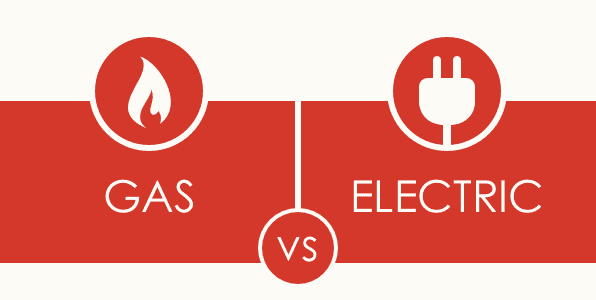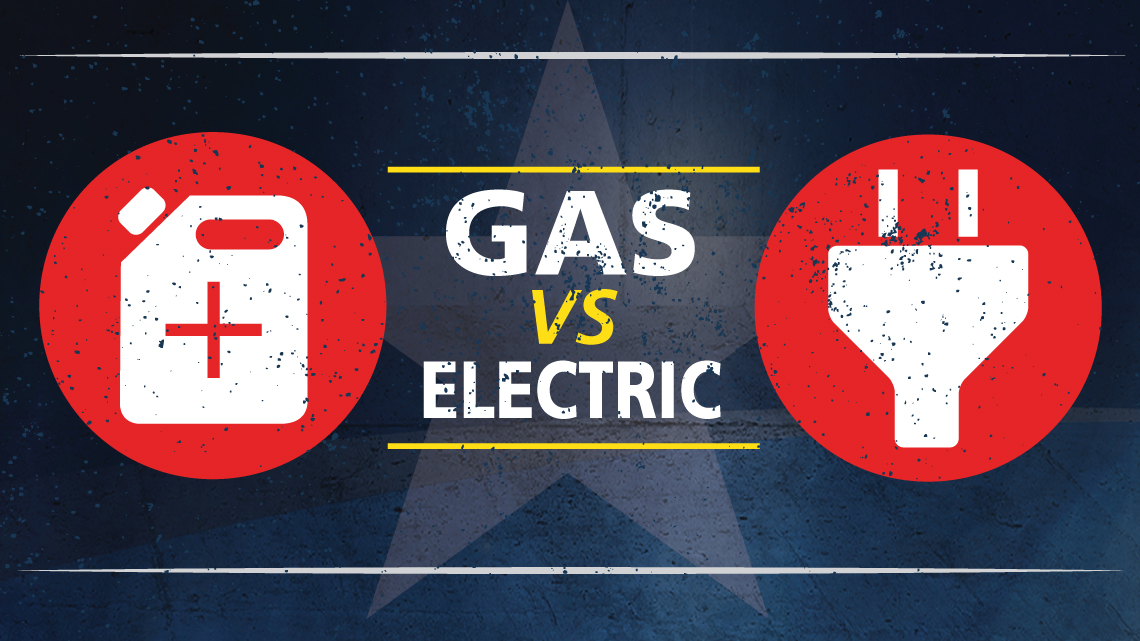If you’re trying to decide whether to use gas or electricity to power your home, there are several factors to consider. Both sources have their advantages and disadvantages, so it’s important to weigh them carefully before making a decision. In this article, we’ll explore the differences between gas and electricity, and help you decide which one is best for your needs.
Introduction
Many households use either gas or electricity to power their homes, but which one is better? While gas has been a popular choice for decades, electricity has become increasingly popular in recent years. In this article, we’ll compare the two sources of energy in terms of cost, efficiency, safety, and environmental impact, and provide you with the information you need to make an informed decision.
Cost
One of the most important factors to consider when choosing between gas and electricity is cost. While the cost of gas can vary depending on your location and supplier, it is generally cheaper than electricity. This is because gas is a more efficient source of energy than electricity, and it also requires less infrastructure to transport and distribute. However, electricity prices have been decreasing in recent years due to advances in renewable energy technology, so it’s worth comparing prices in your area before making a decision.
Efficiency
Gas is a highly efficient source of energy, as it releases a large amount of heat when burned. This makes it ideal for heating and cooking, as it can quickly and easily heat up a room or cook food. Electricity, on the other hand, is less efficient, as a significant amount of energy is lost during transmission and distribution. However, electric appliances have become more efficient in recent years, and advances in technology have made them more energy-efficient than ever before.
Safety
When it comes to safety, both gas and electricity have their risks. Gas leaks can be dangerous and even deadly, as they can cause explosions and fires. However, modern gas appliances are equipped with safety features that can detect leaks and shut off the gas supply if necessary. Electricity is also relatively safe, but there is a risk of electric shocks and fires if electrical appliances are not properly maintained. However, modern electrical appliances are also equipped with safety features to prevent these risks.
Environmental Impact
Finally, it’s important to consider the environmental impact of both gas and electricity. Gas is a fossil fuel, which means that burning it releases carbon dioxide and other greenhouse gases into the atmosphere, contributing to climate change. Electricity, on the other hand, can be generated from renewable sources such as wind and solar power, which are much cleaner and more sustainable. However, the production of electricity can also have environmental impacts, such as the generation of nuclear waste and the use of rare earth minerals in the production of solar panels.
Conclusion
In conclusion, both gas and electricity have their advantages and disadvantages, and the decision of which one to use depends on your individual needs and circumstances. While gas is generally cheaper and more efficient than electricity, it is also a fossil fuel and has safety risks. Electricity, on the other hand, can be generated from renewable sources and is safer, but can be more expensive and less efficient. Ultimately, the choice is yours, and it’s important to weigh the factors carefully before making a decision.
FAQs
- Is it more cost-effective to use gas or electricity for heating?
- Gas is generally cheaper than electricity for heating, but it’s worth comparing prices in your area before making a decision.
- Is gas safer than electricity?
- Gas and electricity both have their safety risks, but modern appliances are equipped with safety features to prevent accidents.
- Can electricity be generated from renewable sources?
- Yes, electricity can be generated from renewable sources such as wind and solar power.
 Katha Ankahee Watch All Episodes Free Video
Katha Ankahee Watch All Episodes Free Video




